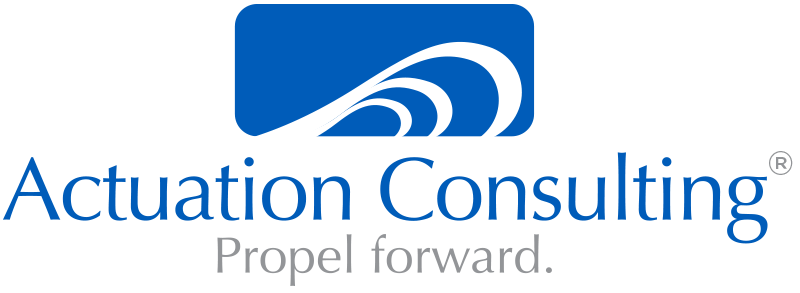Today it’s my pleasure to be joined by Greg Cohen, the author of “Agile Excellence for Product Managers” and “Lean Product Management”.
Greg, thank you for joining me today.
I would like to begin by focusing in on Lean. Is there only one version of Lean product development today?
(Greg Cohen) Lean is a bit like Agile, it refers to a set of principles that many different methodologies and frameworks embody and as it gains traction more teams will be claiming to do it than actually are! At least that’s been my experience with Agile.
I was first introduced to the idea of applying Lean principles to software development through the writings of Mary and Tom Poppendeick. But I think two of the most exciting developments in the field are David Anderson’s Kanban method and Allan Shalloway’s Lean-Agile methods.
Agile was revolutionary for improving the throughput, quality, and flexibility of development teams. Regrettably, many teams stopped there. Teams are measuring their success by output rather than solving customer and business needs. Lack of product management leadership is partly to blame for the current situation. Lean looks to optimize the entire value stream and can be applied from concept to market demand. But product management needs to fully engage for it to succeed.
As you look across the market, do you see an evolution taking place in terms of Agile adoption? If so, what is it that you see?
(Greg Cohen) I definitely think we have hit the inflection point where Agile methods have earned legitimacy and have gone mainstream. Still, there is wide variation in their application. Further, distributed teams present another challenge that early Agile teams did not need to contend with. In that sense, best practices continue to emerge.
What excites me is that the role of product management is finally being recognized as important. There are two books that I know of that focus on Agile and product management. The first is Roman Pichler’s “Agile Product Management with Scrum” and my book “Agile Excellence for Product Managers.” Both of these books were released in early 2010, nine years after Ken Schwaber and Mike Beedle published their groundbreaking book “Agile Software Development with Scrum.” That’s a long time and product managers still have a lot to learn on how to best leverage Agile development for product success and competitive advantage.
Regardless of methodology used there are certainly a lot of challenges that product managers face today. How do you think the new ProdBOK will help today’s product managers overcome these challenges?
(Greg Cohen) Greg, if it’s all right, I’d like to tie back in with the Agile discussion we’ve been having. Engineering teams that have mastered Agile development can produce a lot of high quality code in a relatively short amount of time. The bottleneck has shifted. It’s no longer development; it’s product management. And when teams are working on cycle times of a couple of weeks to a few months, it’s very obvious when product management has not adequately understood the need or the business case.
I think the ProdBOK is the start of a much larger on-going effort to continuously codify product management best practices so they can be broadly understood, implemented, and improved upon. ProdBOK is very good at defining what product management is. That has to then be supplemented with other resources, such as your book “Take Charge Product Management”, to learn the how of the profession.
Why did you choose to contribute to the ProdBOK project?
(Greg Cohen) Product management as a discipline is still very immature. The joke has always been that no one ever went to school to become a product manager. You can get degrees in marketing, sales management, development management, but not product management. When I first heard about the ProdBOK, I immediately recognized the value to create an international standard to guide our profession, much as PMBOK has for the field of project management and BABOK has for the discipline of business analysis.
Any final thoughts Greg?
(Greg Cohen) In my ebook “Lean Product Management”, I look at how Lean principles apply directly to product management. I look at three factors that the product manager can directly influence: product-market fit, time to market, and costs. Every decision we make has to be considered against these three factors. Sometimes, we can improve product-market fit, while reducing time to market, and lowering costs. Other times, we can only improve one at the cost of the other two. These decisions require a deep understanding of the market need and business environment, and this is why product management is such a challenging job.
Fortunately, companies are both recognizing how difficult the role of product management is as well as the value that strong product management can deliver. The ProdBOK is a key piece in the evolution of our field and ensuring product management teams can deliver. I’m grateful to you for your efforts to pull the ProdBOK together because as challenging as the role can be, I can’t think of a better time in history to be a product manager.
Greg Geracie is a recognized thought leader in the field of product management and the President of Actuation Consulting, a global provider of product management consulting, training, and advisory services to some of the world’s most well-known organizations. Greg is also the author of the global best seller Take Charge Product Management. He is also an adjunct professor at DePaul University’s College of Computing and Digital Media where he teaches graduate and undergraduate courses on high-tech and digital product management.
ProdBOK is a registered trademark of AIPMM.

